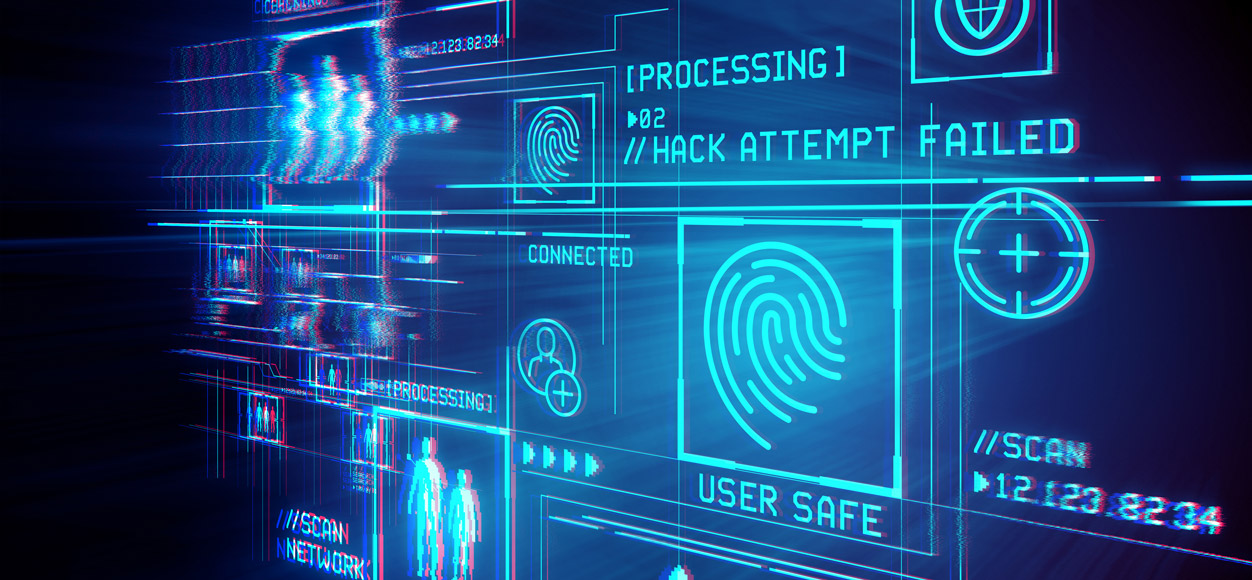History of Cybercrime and It's Impact on Society
History of Cybercrime
The malicious tie to hacking was first documented in the 1970s when early computerized phones were becoming a target. Tech-savvy people known as “phreakers” found a way around paying for long distance calls through a series of codes. They were the first hackers, learning how to exploit the system by modifying hardware and software to steal long distance phone time. This made people realize that computer systems were vulnerable to criminal activity and the more complex systems became, the more susceptible they were to cybercrime.
Fast Forward to 1990, where a large project named Operation Sundevil was exposed. FBI agents confiscated 42 computers and over 20,000 floppy disks that were used by criminals for illegal credit card use and telephone services. This operation involved over 100 FBI agents and took two years to track down only a few of the suspects. However, it was seen as a great public relations effort, because it was a way to show hackers that they will be watched and prosecuted.
The Electronic Frontier Foundation was formed as a response to threats on public liberties that take place when law enforcement makes a mistake or participates in unnecessary activities to investigate a cybercrime. Their mission was to protect and defend consumers from unlawful prosecution. While helpful, it also opened the door for hacker loopholes and anonymous browsing where many criminals practice their illegal services.
Crime and cybercrime have become an increasingly large problem in our society, even with the criminal justice system in place. Both in the public web space and dark web, cybercriminals are highly skilled and are not easy to find. Read below to learn more about how to combat cybercrime through cyber law.
Impact of Cybercrime on Society
Cybercrime has created a major threat to those who use the internet, with millions of users’ information stolen within the past few years. It has also made a major dent in many nations’ economies. IBM president and CEO Ginni Rometty described cybercrime as “the greatest threat to every profession, every industry, every company in the world.” Read below for shocking statistics on cybercrime’s impact on our society to date.

Comments
Post a Comment